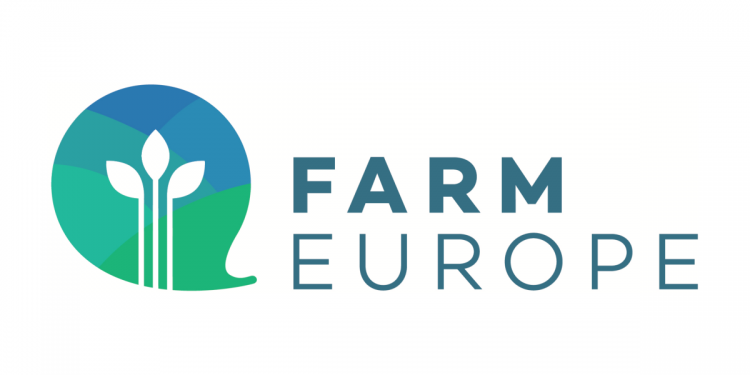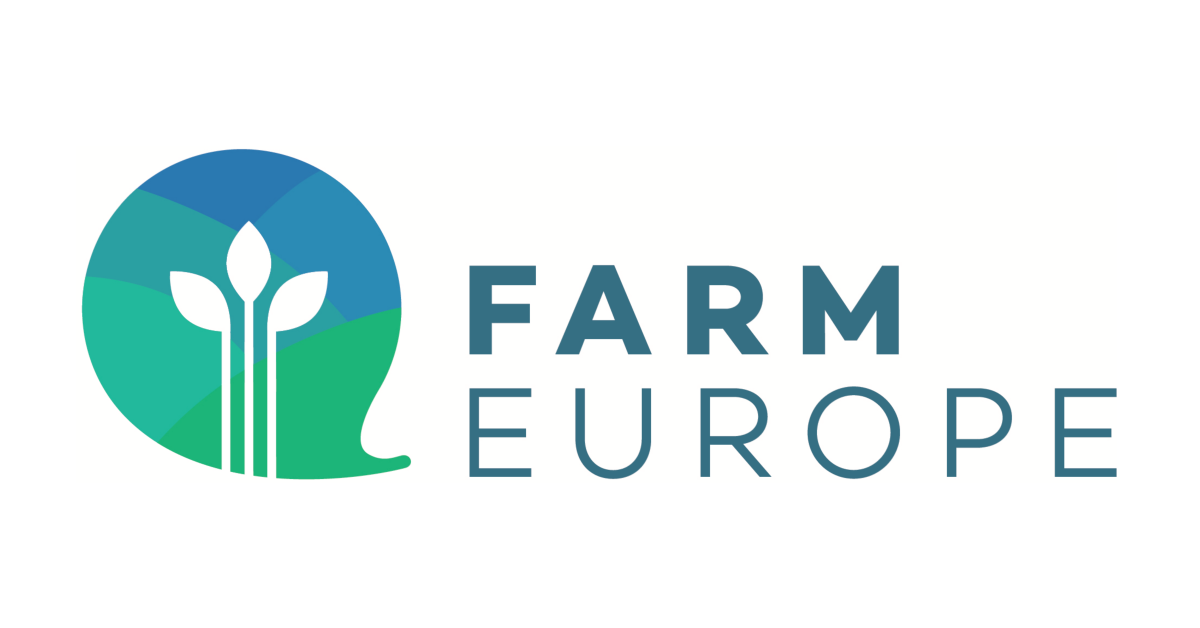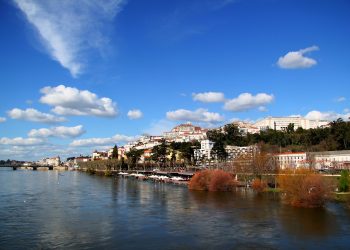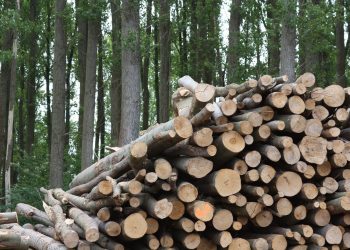The President of the European Commission today launched the work of the strategic dialogue on agriculture. This debate comes at the end of the current European Commission’s term of office, and in a very special context.
Across the European Union, more than 16 countries have been affected by large-scale agricultural protests in less than 18 months, which shows that this is indeed a European crisis, over and above the national sparks that set off the movements.
This widespread frustration can be explained by both long-term and short-term trends.
In 1992, the political choice for the Common Agricultural Policy was to drive prices down, and to compensate for structurally low farm prices with direct aid. In two stages, 1992-1996 then 2000-2006, Europe moved from a system of guaranteed prices to a system of support at prices 50% lower than in the past.
Since then, direct aids have continued to fall as a result of the CAP budget cuts – between 2008 and 2027, they will have lost more than 40% of their value, even though they represent on average more than half of agricultural income. On top of this, they have become increasingly difficult for farmers to collect, due to increased environmental requirements (higher costs) and more complex aid mechanisms (paperwork): farmers have to justify and document their activities, and they are exposed to controls.
The result is simple: income per hectare has been falling for 30 years. It is now at the same level as it was in 1995, despite an increasing workload and a climate of much greater uncertainty than in the past due to price volatility and climate change.
To maintain their standard of living, farmers have had no choice but to expand their farms, invest (in particular to meet new regulatory constraints), and therefore go further into debt. As a result, they are even more exposed than in the past to the first market downturn.
In 2021 and 2022, exceptional aids have been paid to farmers in most countries (amounts representing the equivalent of 15% of the CAP budget have been added by the Member States that could do so, led by IT, DE and FR), which has temporarily masked the reality of a sharp fall in direct aids over the period 2021-2027.
With the end of whatever it takes, 2024 is a return to the crude reality of the political choices made in 2019: that of an increase in the level of environmental ambition, paradoxically associated with a net decrease in this public supports, which are more complex to get for farmers. At a time when prices are plummeting.
This is the paradox of this period, and of the coming years if a new course is not charted. At the same time, the public authorities have gradually disengaged themselves from the economic problems of the farming world, and have increased the number of environmental initiatives that directly affect the competitiveness of farms, telling growers how to cultivate and breeders how to raise livestock.
Admittedly, many of the new European standards set out in the Green Deal have not yet come into force, but the CAP to be introduced in 2023 already incorporates some of them (this is the CAP part of the Green Deal), particularly through the eco-regimes, and some Member States have chosen to anticipate certain obligations included in the proposals. Added to this is the increased complexity of receiving lower levels of aid, which farmers have been able to see for themselves since 2023.
The gamble taken with the Green Deal was what has been called “moving upmarket”: consumers were going to pay more for their food, given the environmental issues to which they are sensitive, and the investments needed to carry out agricultural transformations would be made with cheap money – which was the reality at the time. The idea was to have less aid and more prices. And so make consumers pay.
Except that the initial context in which this strategy was conceived is now over. Public money no longer has the leverage effect – sometimes totally unrealistic – that the European Commission was proposing at the time. And consumers have deserted the premium segments, forced by inflation to look for the lower prices. Organic farming is the first victim. But the whole strategy of moving upmarket has been turned on its head. Local production is being replaced by more competitive imports. The history of de-industrialisation is being rewritten for agriculture. Pollution is not decreasing, it is being exported, with a negative impact on the planet and the economy.
In addition to this stark reality, the European Commission’s approach to trade strategy is also a form of thoughtlessness. It insists on moving ahead with the Mercosur agreement, which would be a disaster for certain agricultural sectors, and has opened the floodgates to imports of agricultural products from Ukraine without measuring the consequences for European farmers.
De facto, today, Ukrainian agriculture is part of the European internal market, without any preparation or transition. This is not a distant prospect, it is an economic reality that is already here. However, the Ukrainian agricultural model is one of large estates, the average being over 1000 hectares – with a hundred or so estates of several dozen or even several hundred thousand hectares. The European average is around 20 hectares, or 70 in France for example.
Our model of agriculture is therefore facing a twofold challenge: a low-cost environmental transition, and direct confrontation with an agro-industrial power that is the antithesis of the economic reality of our farms, and which enters without respect for current and future standards.
The demonstrations are symptoms of an impossible equation for farmers to solve. It is now the responsibility of the European Union to get its agricultural policy back on track and to develop solutions – which do exist – at European level for the orderly management of environmental transitions, while maintaining the ambition of remaining an agricultural economic power, and therefore with a production component in all market segments. We now need to build a European leap forward by correcting the shortcomings of the Green Deal with a new European Farm Deal. This is certainly what is at stake in the Strategic Dialogue, but even more so in the forthcoming European elections.
O artigo foi publicado originalmente em Farm Europe.




















































